The United States government has taken a significant step in its efforts to disrupt international military technology procurement by placing a $15 million bounty on Hossein Hatefi Ardakani. Ardakani, an Iranian businessman, is accused of orchestrating the acquisition of technology for military drones, some of which have been utilized by Russia in its conflict against Ukraine, according to the WSJ.
The Case Against Ardakani
The U.S. Department of Commerce, responsible for export controls, revealed the bounty, underscoring the severity of Ardakani’s alleged activities. As the chairman of an electronics company, Ardakani is charged with sourcing dual-use technology, which has potential civilian and military applications, specifically for drone production by Iran’s Islamic Revolutionary Guard Corps.
In a detailed indictment, prosecutors have painted a picture of a sophisticated operation. Ardakani reportedly collaborated with a China-based individual to establish front companies for procuring components destined for Iranian drones. These components, including servomotors and navigation equipment, have been traced back to the wreckage of Iranian drones in Ukraine, confirming their deployment in active conflict zones.
A Global Network of Deception
The scheme involved deceiving suppliers, such as a French company that shipped components to Hong Kong, unaware that they would eventually be rerouted to Iran. The indictment details similar tactics used in multiple instances, demonstrating the complexity and reach of Ardakani’s network.
U.S. Response and Enforcement
The U.S. Treasury Department has sanctioned Ardakani and his affiliated companies, emphasizing the transnational nature of his procurement network. The State Department, through a program designed to combat national security threats, is encouraging tips via various channels, including Signal, Telegram, WhatsApp, and Tor.
Christine Savage, a former Commerce Department adviser, notes that this bounty is unprecedented in the context of alleged export-control violations. It reflects the heightened cooperation between U.S. agencies and a more stringent approach towards export-control violators under the current administration.
The Broader Implications
This move by the U.S. is more than a pursuit of a single individual; it’s a clear message against the proliferation of sensitive technologies that have real-world, destructive consequences.
The Biden administration’s warning to businesses about their role in preventing technology procurement for military purposes, particularly in the context of Iran’s ballistic missile program, highlights the global nature of this challenge.
As the world witnesses the impact of these technologies in conflicts like Ukraine, the U.S. steps up its efforts to curb the flow of military-grade technology through Legal and diplomatic channels.



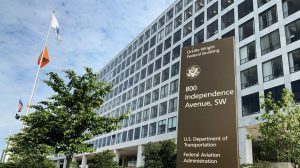

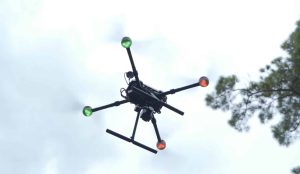





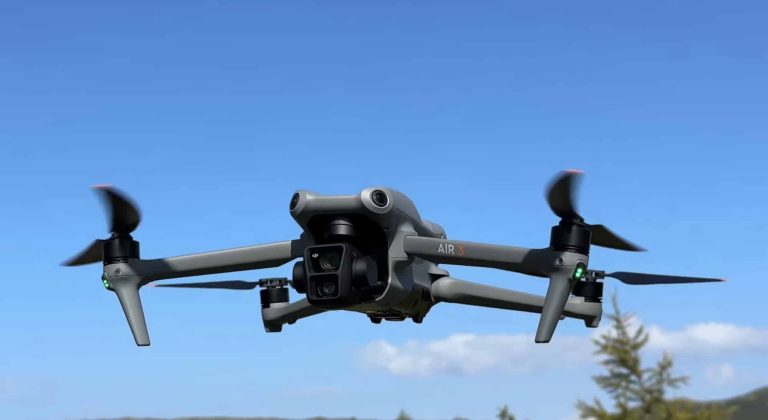




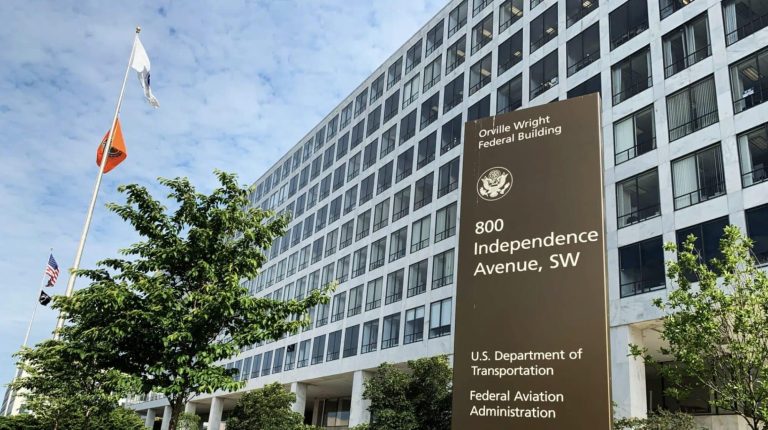
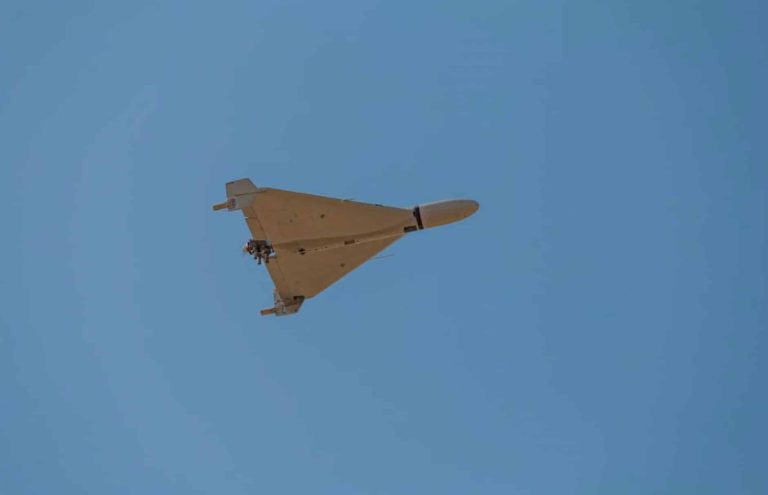
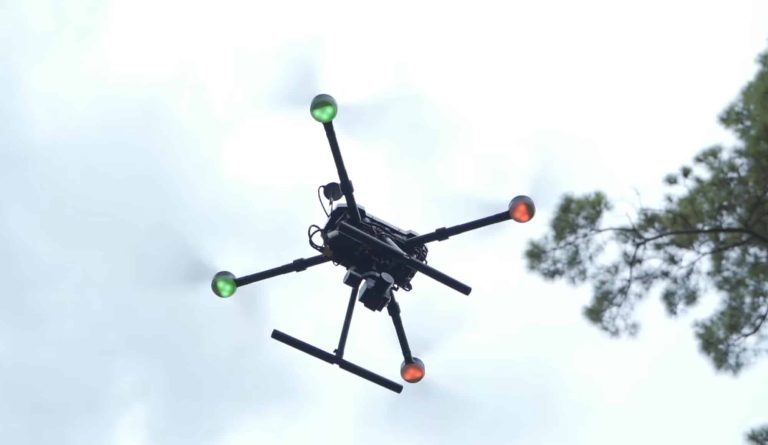


+ There are no comments
Add yours